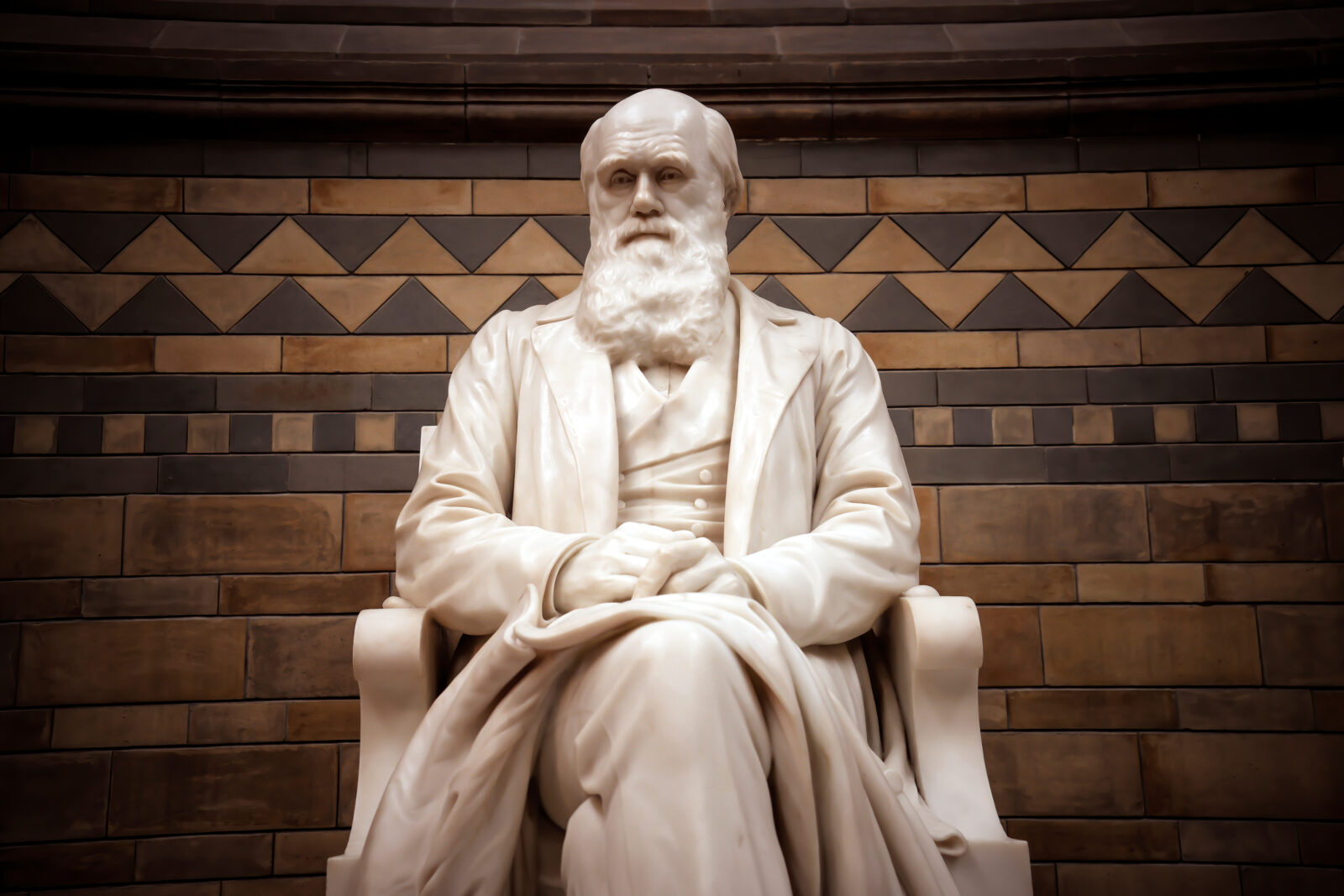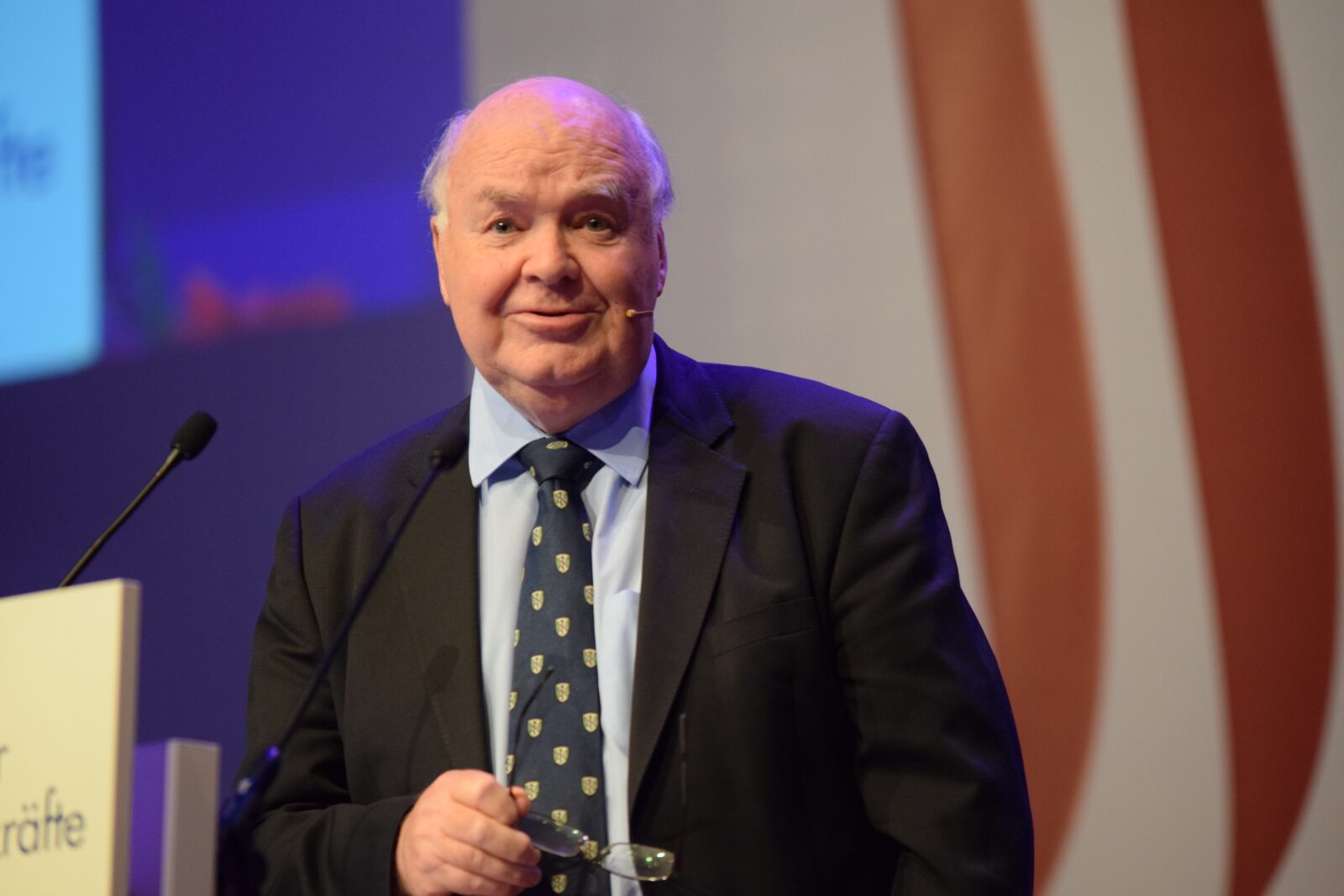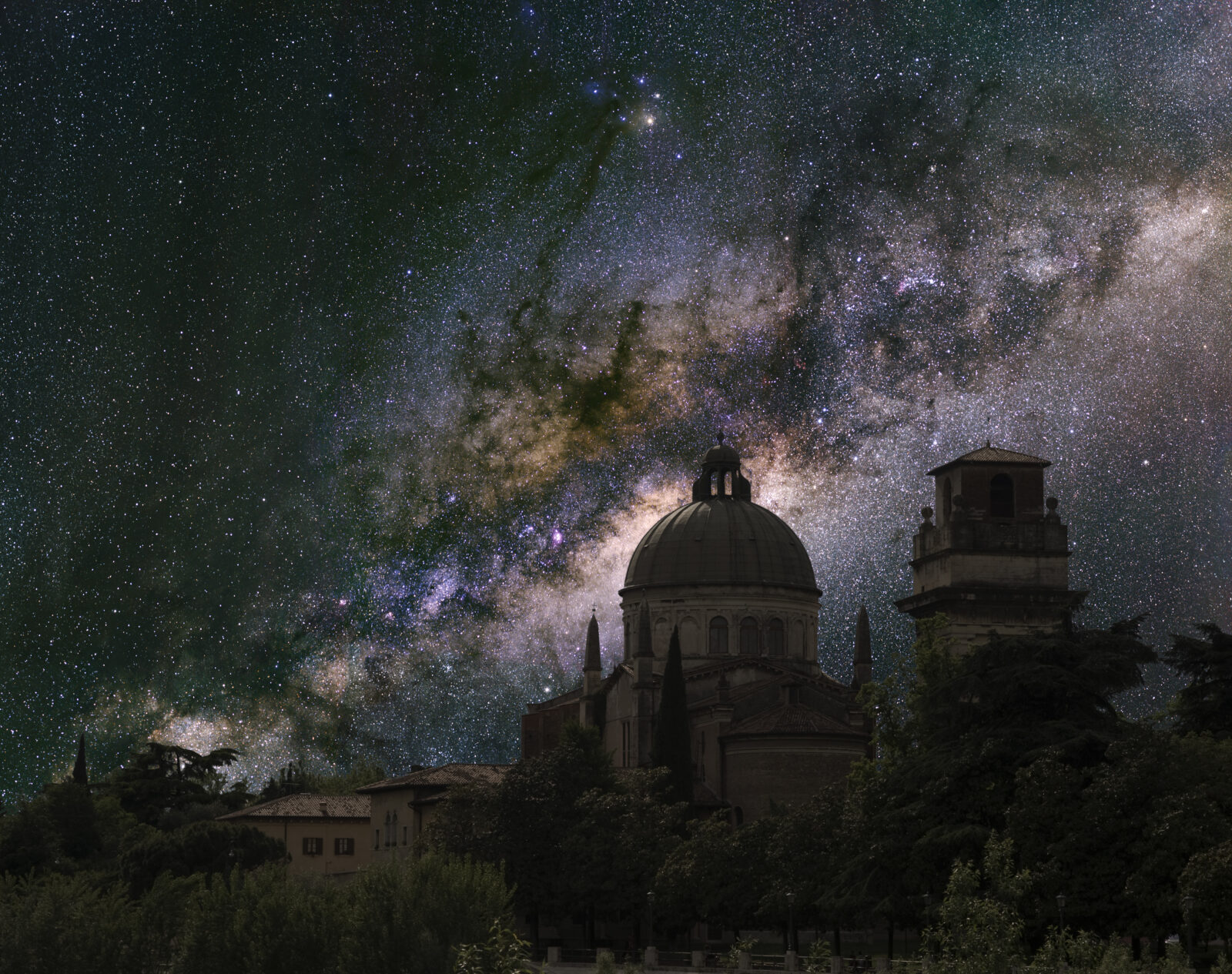


Fooled by Darwinism: One Scholar’s Cautionary Tale

Stephen Meyer: Evidence of Mind in The Natural World

Stephen Meyer: Scientific Arguments for a Theistic Worldview

Against the Tide: John Lennox and Stephen Meyer

The Return of Natural Theology

How Modern Science Strengthens the Claims of Theism

Stephen Meyer: Has the West Forgotten God?
In today’s ID the Future philosopher Stephen Meyer revisits Aleksandr Solzhenitsyn’s Templeton Prize speech from May 10, 1983, where Solzhenitsyn indicted the West for forgetting God. Meyer argues that Solzhenitsyn’s indictment is more timely than ever. But at the same time, there is today more scientific evidence than ever for the existence of a personal God, Meyer says, and the argument from intelligent design is a powerful means to awaken individuals to the presence of God and to renew culture. Meyer goes on to support those claims with concrete examples. Today’s episode is taken from a talk Dr. Meyer gave at the 2023 Dallas Conference on Science and Faith. Meyer is author of the bestselling book Return of the God Hypothesis: Three Scientific Discoveries that Reveal the Mind Behind the Universe.

A Privileged Place for Life and Discovery
On this ID the Future host and geologist Casey Luskin continues his conversation with astrobiologist Guillermo Gonzalez about the many ways Earth’s place in the cosmos is fine tuned for life. In this second half of their conversation, Gonzalez zooms out to discuss the galactic habitable zone and the cosmic habitable age. Luskin says that the combination of exquisite cosmic and local fine tuning strongly suggests intelligent design, but he asks Gonzalez whether he thinks these telltale clues favor theism over deism? That is, does any of the evidence suggest a cosmic designer who is more than just the clockmaker God of the deists who, in the words of Stephen Dedalus, “remains within or behind or beyond or above his handiwork, invisible, refined out of existence, indifferent, paring his fingernails”? Gonzalez answers in the affirmative, but the reasons he offers for this conclusion may surprise you. Tune in to hear his answer. This two-part interview was occasioned by Gonzalez’s essay in the newly released book Science and Faith in Dialogue, available for free here. Part 1 of the interview is here. And Gonzalez’s book, The Privileged Planet, is available here.

New South Africa Book Explores Evidence of Design
Today’s ID the Future spotlights a new free online ID book from South Africa, Science and Faith in Dialogue, with contributions from Stephen Meyer, Hugh Ross, Guillermo Gonzalez, James Tour, Fazale Rana, Marcos Eberlin, and others. Geologist Casey Luskin joins host Eric Anderson to tell how the new peer-reviewed book came together and to describe the chapter he contributed, “Evolutionary Models of Palaeoanthropology, Genetics, and Psychology Fail to Account for Human Origins: A Review.” Luskin did his PhD in South Africa and had many opportunities to study various hominid fossils. Here he explains why he is convinced that intelligent design far better explains the fossil evidence than does Darwinian evolution.